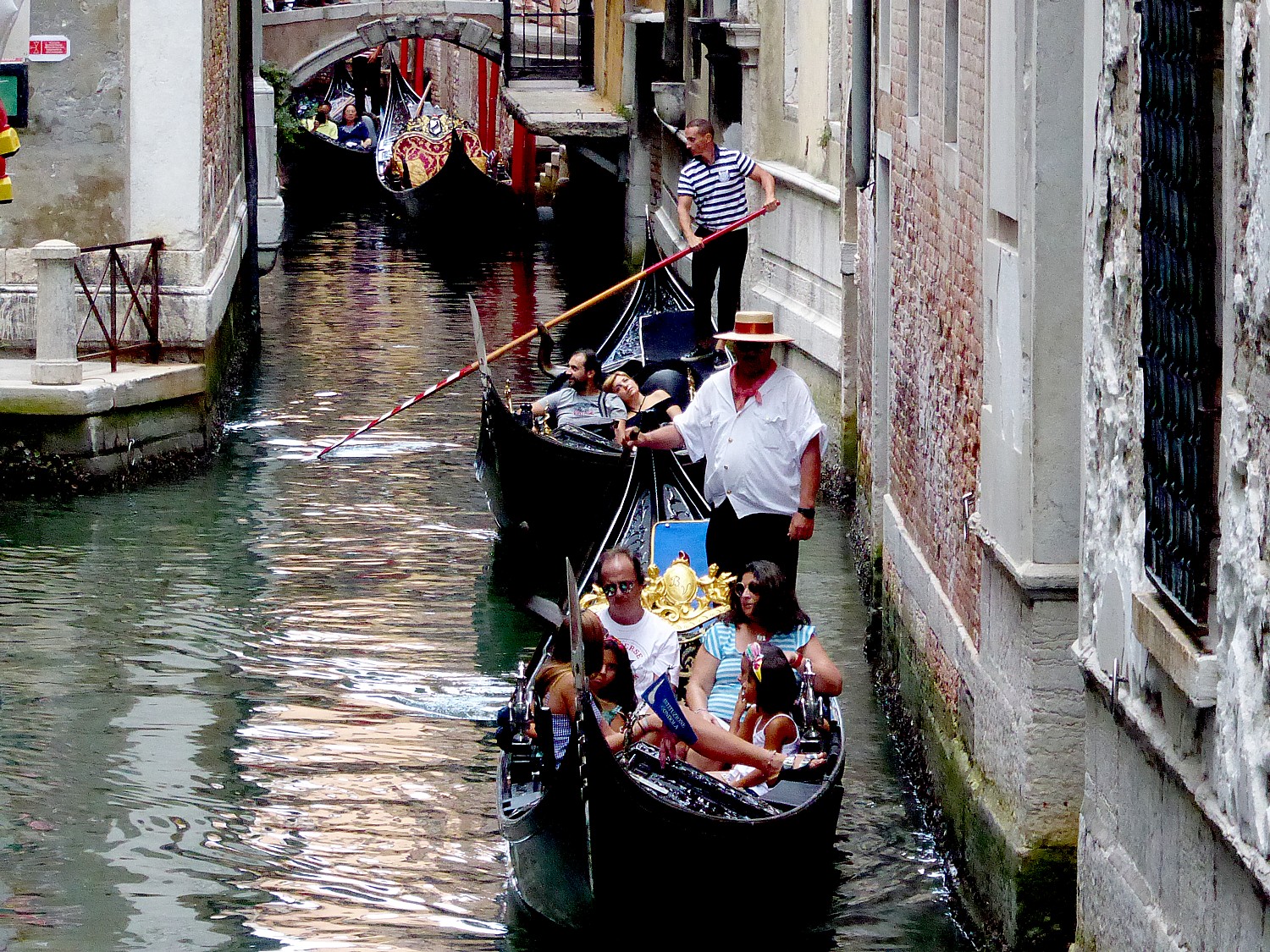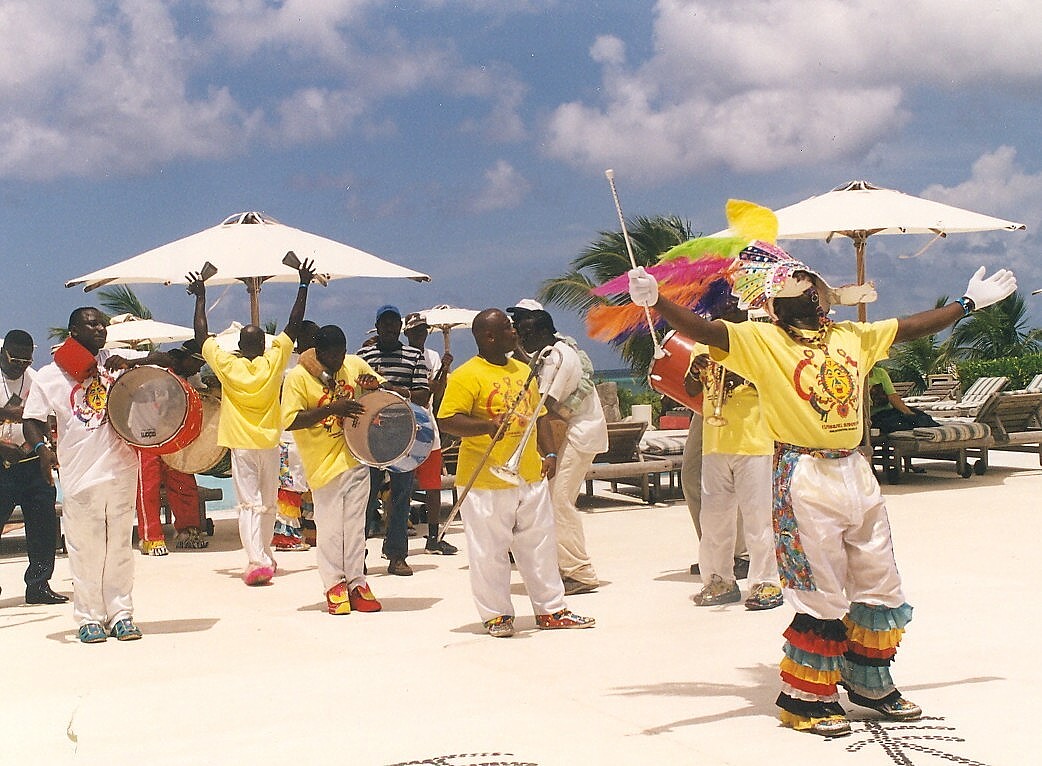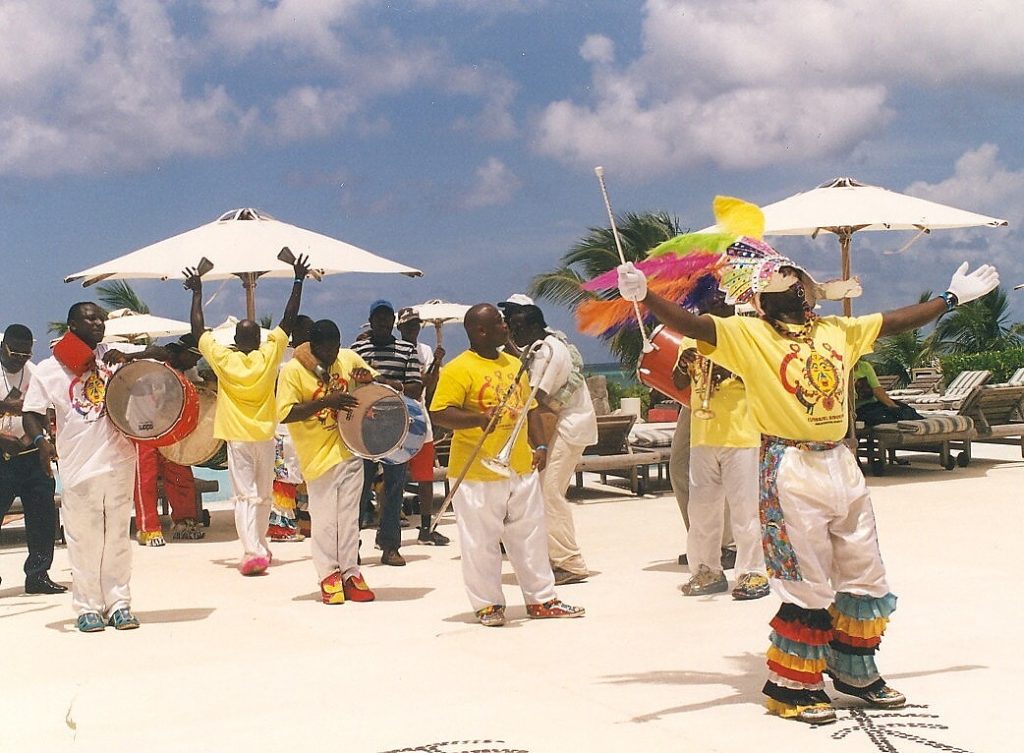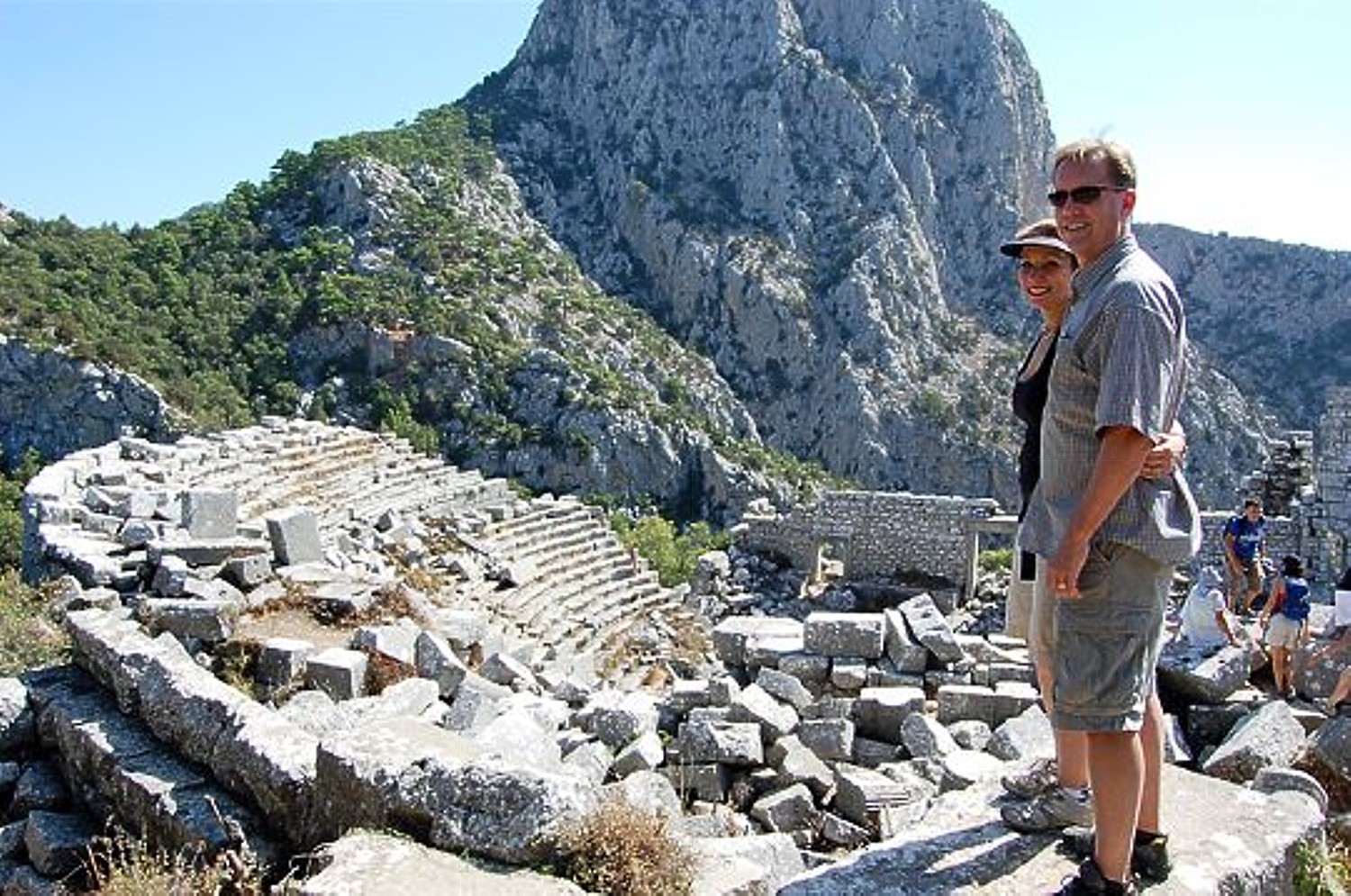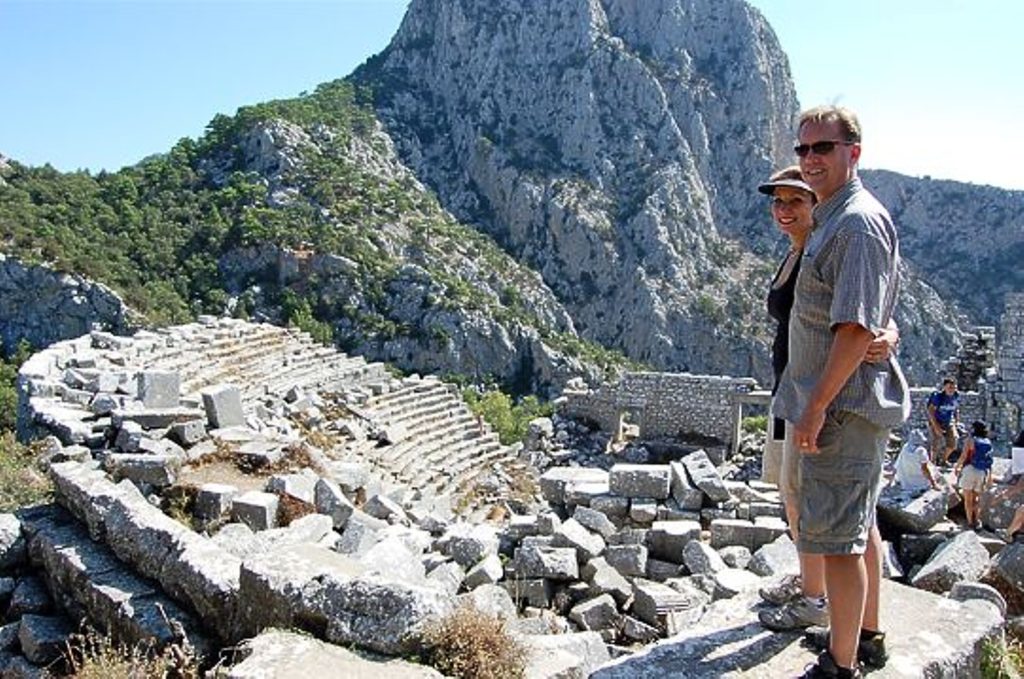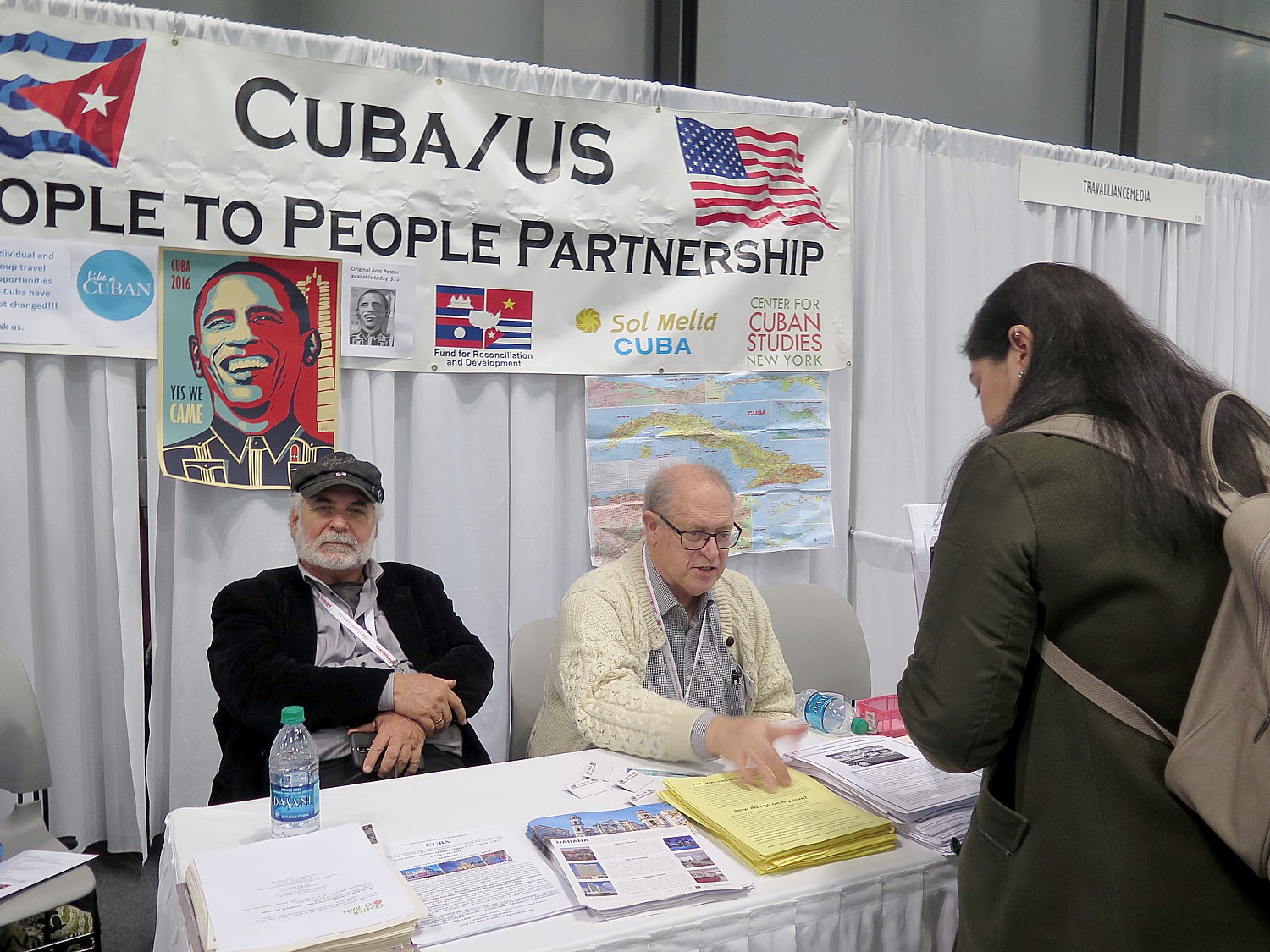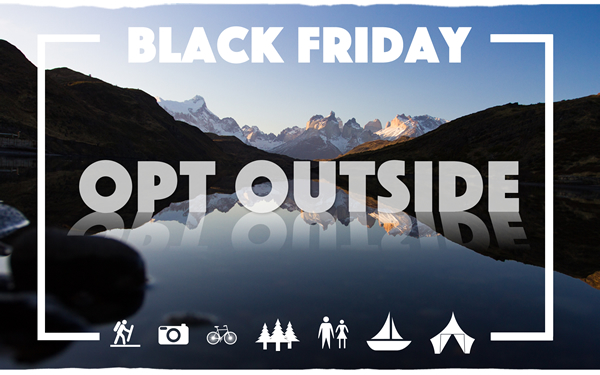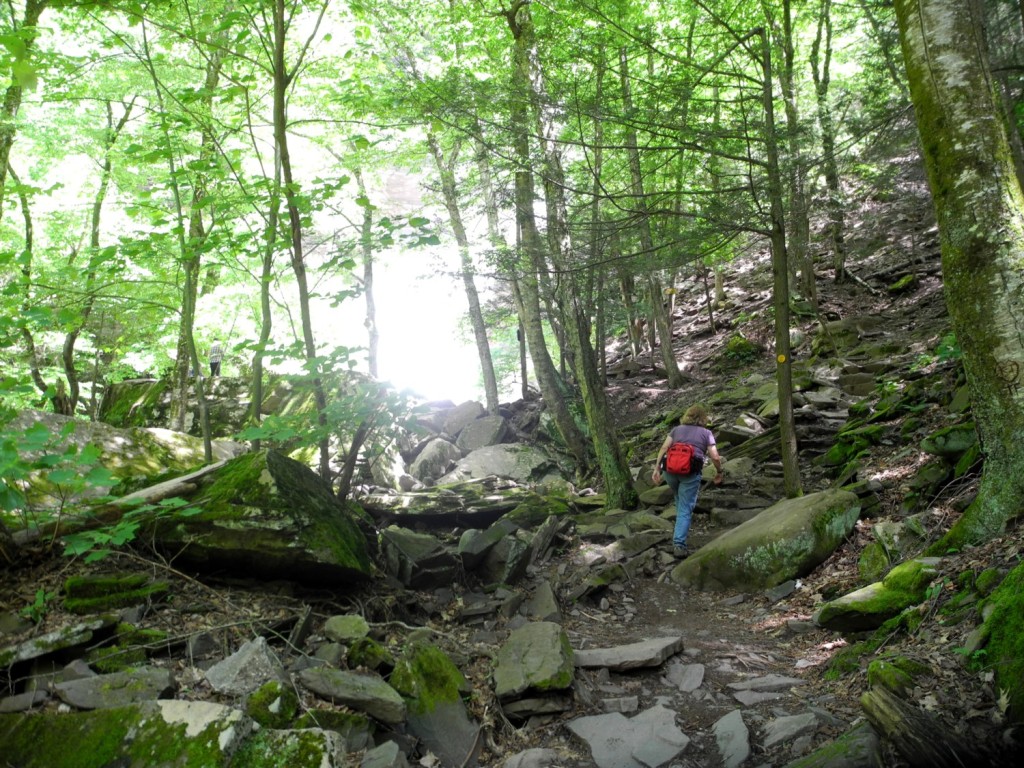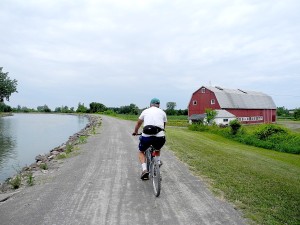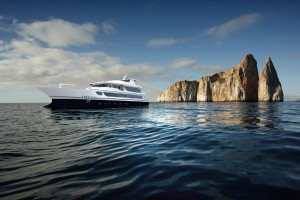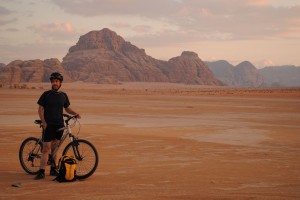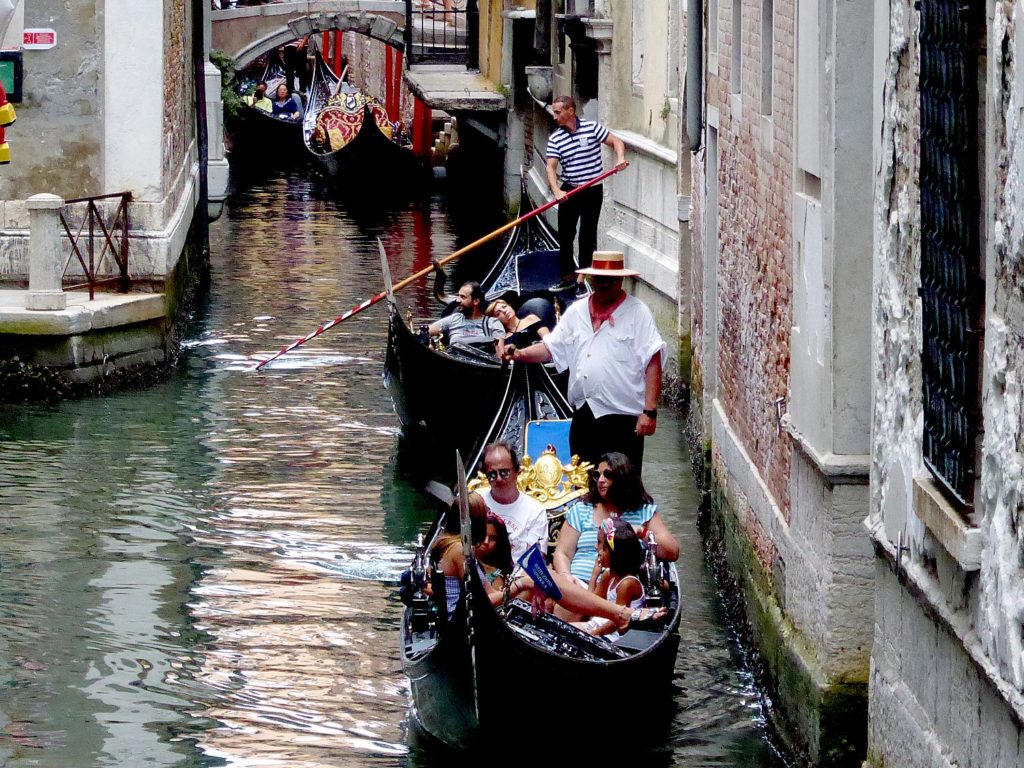
SEATTLE, WA – Certain places on our planet are getting loved to death. Why and what should responsible travelers do about it?
Not long ago, international travel was the purview of the rich and worldly. Today, however, the middle class enthusiastically travels the globe with bucket lists that concentrate attention on the most popular places in the world (and rightly so). Unfortunately, the byproduct of this increase in travel means that If the original character of these places is not in jeopardy now, it soon will be.
Kurt Kutay is founder and president of Wildland Adventures, a travel company that for over 30 years has created opportunities for guests to experience destinations from the inside out. Utilizing the Wild Style of travel, Wildland trips build lasting intercultural, interpersonal and environmental bonds. By impressing sincerity, compassion and understanding at each step of the journey, the aim is to enhance rather than exploit the place and people we’ve come to visit. To this end, Kurt offers 6 Ways to Travel Responsibly in an Age of Over-Tourism.
1. Manage Your Expectations and Emotions
As with much of life, aligning expectations with reality is half of the road to happiness. Planning travel is no different in this regard, as you anticipate what you will experience. If we allow preconceived notions of the Taj Mahal or Machu Picchu – without crowds — drive our desire to travel halfway around the world to experience these iconic destinations first hand, we may indeed leave disappointed.
The proper research will help you to align expectations with reality. Ask many questions, but ask the right questions and don’t be afraid of the answers. Most importantly, stay open to the experience before you. It is unknown what lies ahead and that is the magic of travel. Be diligent in letting go of preconceived expectations, they are persistent. Refuse to let them as well as annoyances like crowds distract you from what drew you there in the first place. That’s when the true joy of discovery flows — no matter what it looks like.
2. Find a Local Connection
Hire a passionate, local guide help to deepen the travel experience while avoiding the ‘group think’ impact of large tour groups. A good local guide can help skirt the crowds at popular sites and even introduce less-known sites for a unique perspective.
For example, a good guide will take you to the Taj Mahal twice, once to get in line before it opens and later in the afternoon before it closes to experience variable lighting. Kutay remembers his last visit, “Instead of passing through the main gates twice, our local guide took us to the Mehatab Bagh (Moonlight Garden) across the Yamuna River, far from the tourist hordes, where we stood arm-in-arm, standing alone and moved to tears by the beautiful silhouette.”
3. Rethink Your Bucket List
Discover wonders of the world beyond UNESCO’s at-risk sites or the favorite ports of call of the cruise industry. Instead of the crowded hilltop towns of Tuscany, try the hills of the Istrian peninsula of Slovenia and Croatia. Rather than being part of the problem of overcrowding in Venice, take the ferry to the small fishing town of Rovinj, where you are welcomed by locals who take you around in a traditional Batana fishing boat.
4. Timing Is Everything — Spend Time at the Right Place
Plan your day at famous sites carefully and be sure to get the latest information as local conditions and regulations change constantly. The best plan is familiar the world over. In Croatia, plan to tour Dubrovnik before cruise ship passengers disembark, in Cambodia visit Siem Reap before tour buses disgorge, and in Peru arrive at Machu Picchu before the daily trains do. When you finally are where you’ve dreamt of being, follow slow travel principles and linger longer, but in fewer places.
5. Pay to Play
A great many worthwhile experiences cost more. Whether a part of a private and exclusive event or of a carefully managed ecotour that limits the number of visitors, the extra dollars spent help to protect fragile habitats and visitor experiences.
In Africa, this may look like tracking mountain gorillas in Rwanda and Uganda for which there are limited permits. To protect the experience in some locales for years to come, some safaris are very exclusive and conducted in a private nature reserve like Timbavati in Greater Kruger N.P. In Tanzania, the remote camps of Katavi and Mahale require bush flights to access some of the wildest places on the planet.
In South America, the fragile cultural patrimony of the Inca Trail in Peru and delicate balance of nature in the Galapagos Islands are carefully managed by limited permits and fees that control access and provide a source of revenue for critical conservation programs. Advance planning is required to enjoy the privilege of being among the few where limited numbers of permits are allotted.
6. Consider Where You Stay
Your choice of accommodations is one of the most important considerations in minimizing impact on the local environs while maximizing the benefits you bring to the local community. Many hotels, camps, ecolodges, yachts and expedition ships are rated for their level of sustainability. They are rated on energy sources, recycling, waste management, water conservation, food sourcing, and other sustainability-focused initiatives. In addition, many are actively involved in nature and wildlife conservation and in educating guests about ecosystems and biodiversity. These accommodations are deeply connected and committed to indigenous culture and the well-being of local communities. The highest rated ecolodges and camps are safeguarding the world’s cultural and natural heritage while delivering the most meaningful guest experiences.
Traveling Responsibly Isn’t About Staying Home
The Center for
Responsible Tourism asserts that traveling responsibly “…is about managing
travel and destinations in an environmentally and culturally responsible way
and designing tourism programs and individual trips carefully to provide
travelers with the experience they seek, while leaving a positive footprint on
their destination.” Destinations are always changing and we have many
choices to make when we travel, “but the important thing is to be mindful of
our impact on the people and places that give us so much and help others to do
the same…and to keep traveling,” says Kutay.
For more information on Wildland Adventures’ worldwide offerings, availability
and reservations, call 1-800-345-4453 or email info@wildland.com. Visit http://www.wildland.com/.
For more travel features, visit:
goingplacesnearandfar.wordpress.com
www.huffingtonpost.com/author/karen-rubin
travelwritersmagazine.com/TravelFeaturesSyndicate/
goingplacesfarandnear.tumblr.com/
instagram.com/going_places_far_and_near/
‘Like’ us on facebook.com/NewsPhotoFeatures
Twitter: @TravelFeatures
